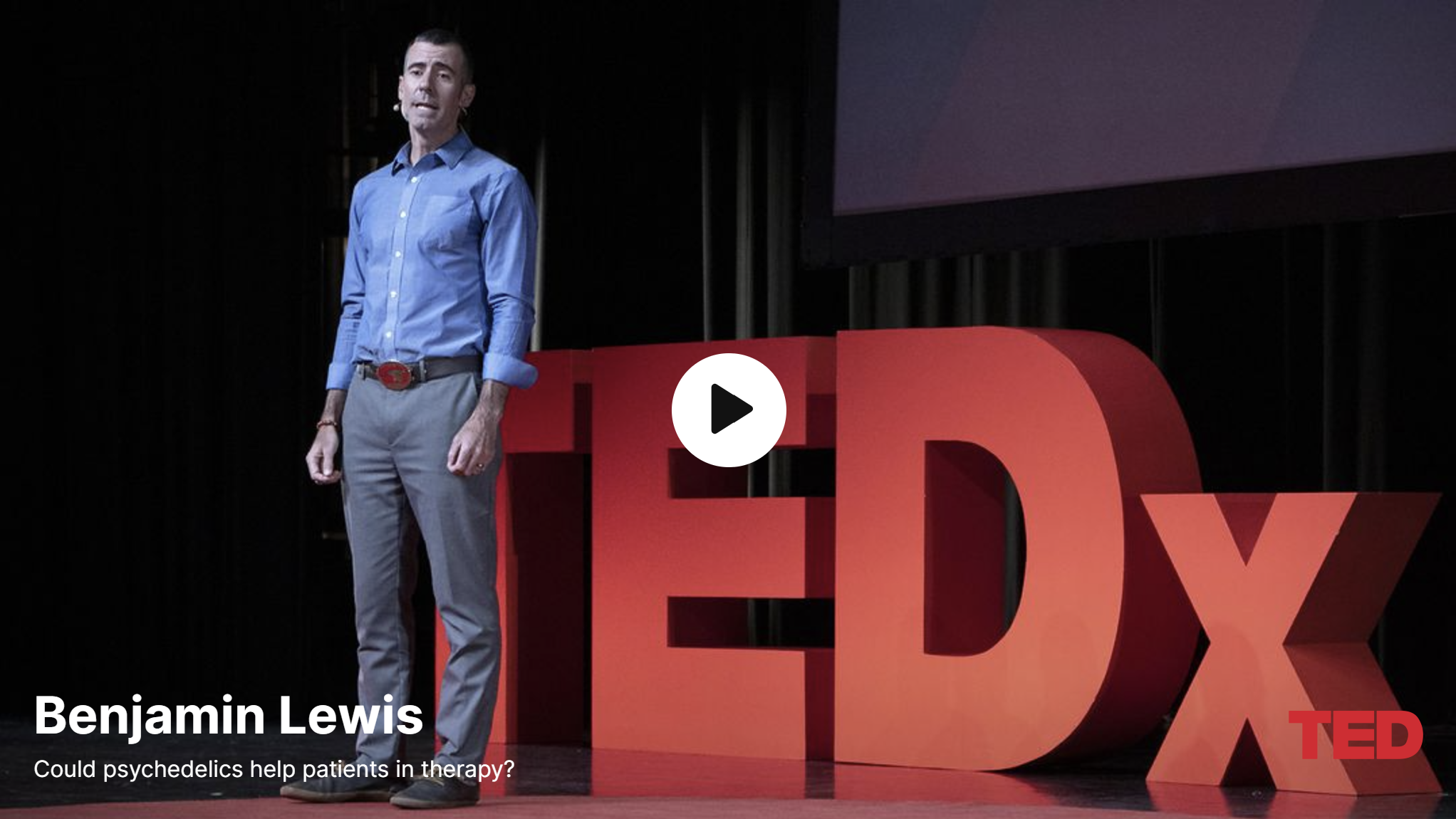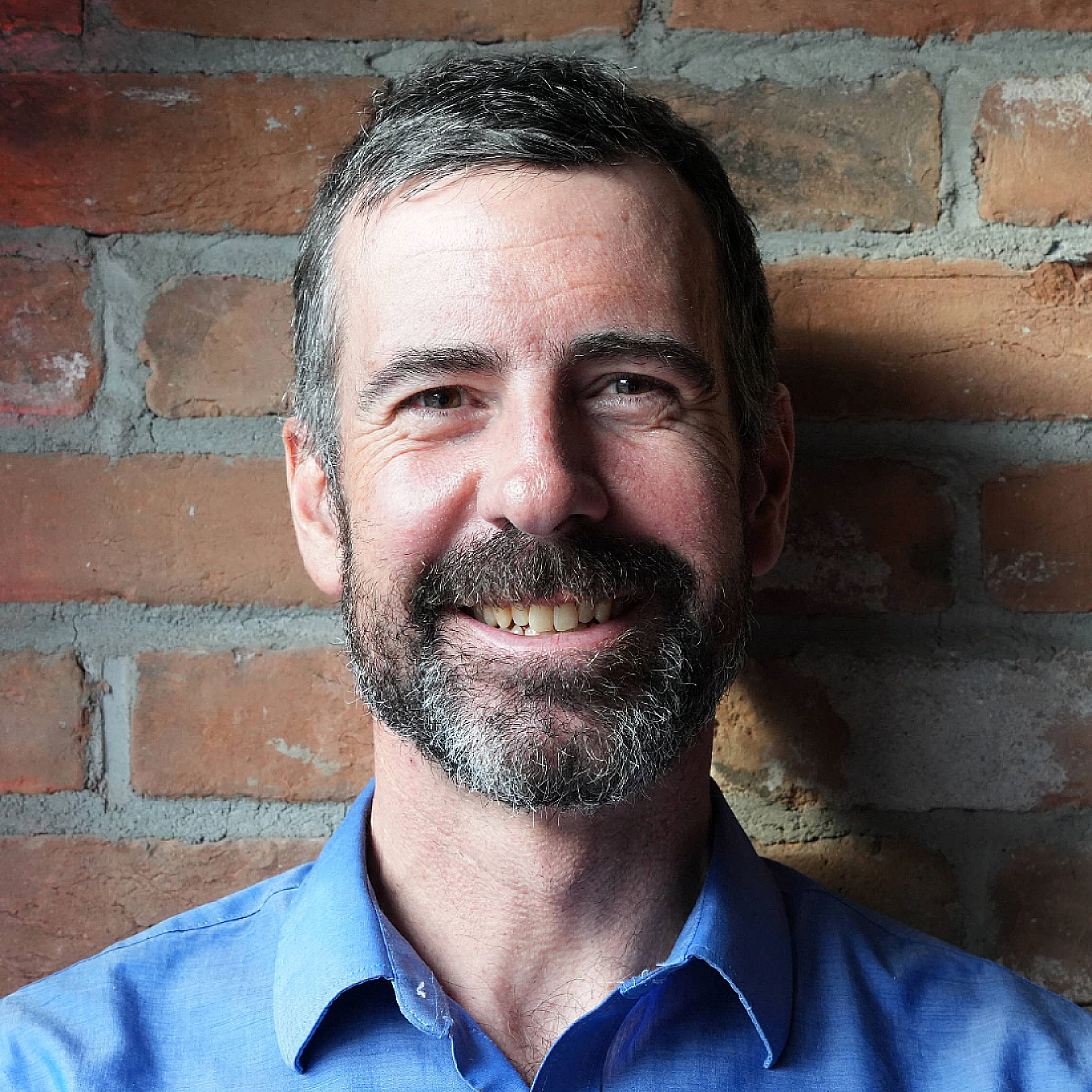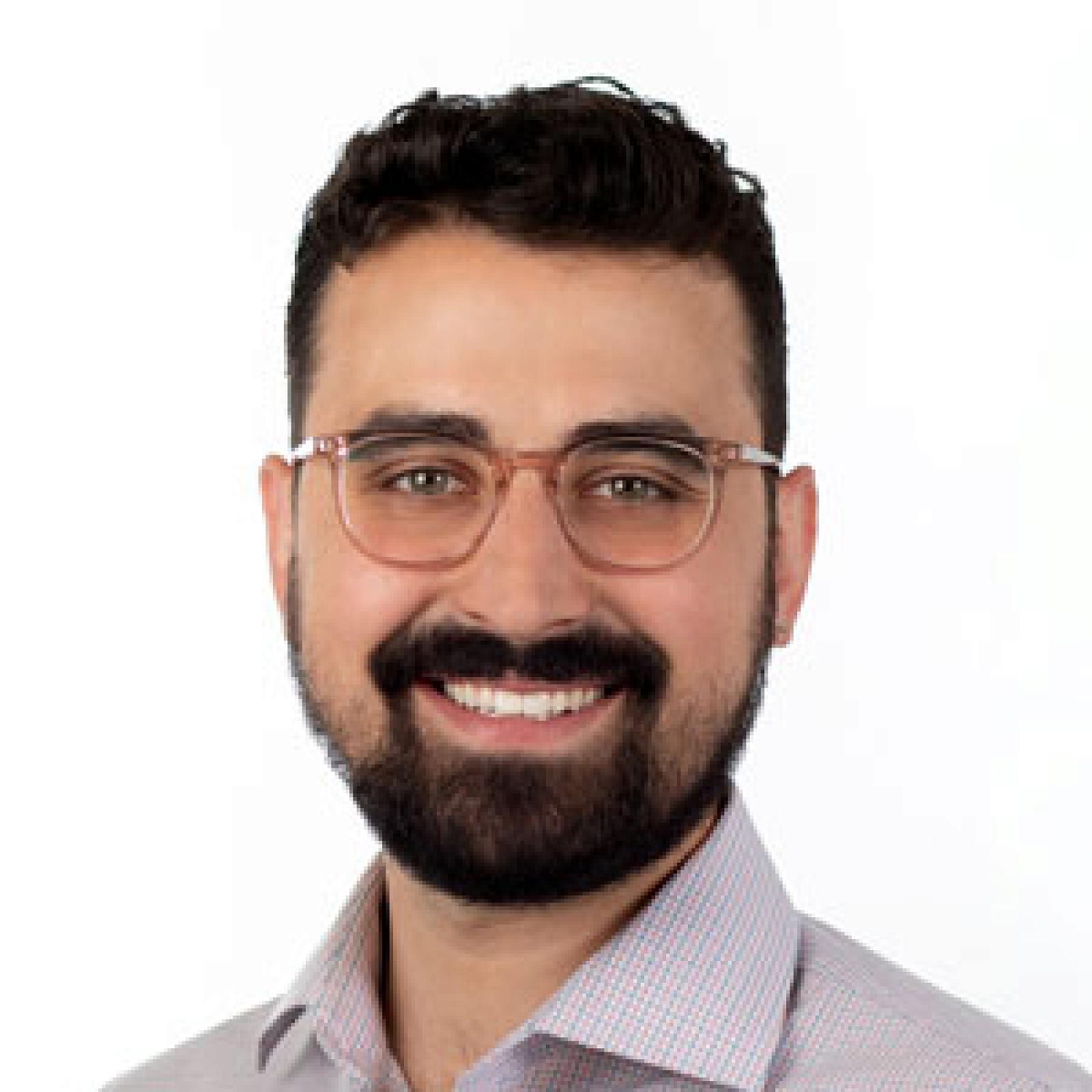About Our Research
Benjamin Lewis, MD, is the principal investigator of the University of Utah Psychedelic Science Initiative (U-PSI). The mission of U-PSI is to study, develop, and implement psychedelic medicine interventions in a rigorous and evidence-based fashion to address the unmet needs of patients suffering with difficult to treat conditions and advance the development of this field. Our work has focused on integrating psychedelic interventions with mindfulness practice as well as exploring group-based interventions.
University of Utah Psychedelic Science Initiative (U-PSI)

The University of Utah Psychedelic Science Initiative (U-PSI) at Huntsman Mental Health Institute is uniquely positioned to address the serious mental health needs of a large catchment area in the Mountain West region, engage with cutting edge research facilities and tools, and provide educational opportunities for clinicians, students, and the community.
Our research group has expertise in psychedelic-assisted psychotherapies, mindfulness research, end of life care and supportive oncology, and clinical trial design and delivery.
Could psychedelics help patients in therapy?
"It's time to make psychiatry more psychedelic"
Tune into Dr. Lewis' TEDx talk where he shares results from his clinical trial on psychedelic-assisted therapy. He highlights how group therapy paired with the safe use of psilocybin has the potential to improve mental health conditions like depression and burnout.
Huntsman Mental Health Institute offers ketamine-assisted therapy for individuals suffering from depression and other mental health issues. The evidence-based, cutting-edge treatment is supported by Dr. Lewis' research and expertise.
Learn more about our research
Project 1
PAPR: Psilocybin-Assisted Therapy + Mindfulness Based Stress Reduction (MBSR) for Frontline Healthcare Provider COVID-19 Related Depression and Burnout.
This study is evaluating the safety, feasibility, and efficacy of a combination of MBSR and a group psilocybin intervention for symptoms of depression and burnout in frontline healthcare providers related to the COVID-19 pandemic.
Sponsored by the Heffter Institute
Project 2
Targeting Treatment-Resistant OUD with Ketamine-Assisted Mindfulness-Oriented Recovery Enhancement.
This study is a UG3/UH3 2-phase RCT of ketamine-assisted therapy and Mindfulness-Oriented Recovery Enhancement (MORE) for patients with treatment resistant opioid use disorder. We are studying the impact on drug use outcomes, mental health outcomes, and mindfulness outcomes.
Sponsored by NIDA
Project 3
A phase III, multicenter, randomized, double-blind, controlled study to investigate the efficacy, safety, and tolerability of two initial administrations of COMP360 in participants with treatment-resistant depression.
This study is a multisite RCT of psilocybin for treatment-resistant depression.
Sponsored by COMPASS Pathways
Project 4
A Multicenter, Randomized, Double-Blind, Parallel-Group Dose-Controlled Study Evaluating the Safety and Efficacy of RE104 for Injection in the Treatment of Patients with Postpartum Depression (PPD)
This study is a multisite RCT of a novel short-acting psychedelic agent (4-OH-DiPT) for women with postpartum depression.
Sponsored by Reunion Neuroscience
Project 5
TREK: Ketamine-assisted Psychotherapy (KAP) for Patients with Existential Distress associated with Non-operable GI Cancers
This study is a pilot study of ketamine-assisted psychotherapy for patients dealing with existential distress associated with non-operable GI cancers.
Sponsored by Huntsman Mental Health Institute and Huntsman Cancer Institute Seed Grant
Project 6
Storyline KAP: Deep AI Behavioral Profiling to Reveal Mental and Behavioral Phenotypes Shaping Outcomes with Ketamine-Assisted Psychotherapy.
This study is using an AI platform called Storyline Health to analyze behavioral data to model outcomes in patients receiving a treatment course of ketamine-assisted psychotherapy.
Project 7
Survey of the Psilocybin Church of Utah: Comparing Data Pre- and Post-Psilocybin Ceremony
This study is looking at mental health related outcomes for individuals pursuing psilocybin ceremonies through The Divine Assembly, a psilocybin church in Salt Lake City.
Completed Studies
- HOPE: A Pilot Study of Psilocybin Enhanced Group Psychotherapy in Patients with Cancer
This trial was the first modern psilocybin trial to utilize a full group model of psilocybin assisted therapy. It involved patients with depression associated with a cancer diagnosis. - Mindfulness Oriented Recovery Enhancement (MORE) with Ketamine Assisted Psychotherapy (KAP) for the Treatment of Opioid Use Disorder
This trial was a pilot study of ketamine-assisted psychotherapy + MORE for patients with opioid use disorder. - Survey of classical psychedelic experience outcomes based on setting.
This study looked at patterns of naturalistic psychedelic use and mental health outcomes comparing solo vs. group based settings.
Meet our research team
Principal Investigator
Benjamin Lewis, MD
Dr. Lewis is board-certified in Psychiatry. His clinical interests involve the diagnosis and treatment of major psychiatric disorders and the emerging science and clinical applications of psychedelic medicine. He practices inpatient adult psychiatry and ketamine assisted psychotherapy at the University of Utah Huntsman Mental Health Institute.
Many thanks to the therapists who have supported our trials
- Benjamin Gawle, RN
- Kylee Ford, LCSW
- Amy Horyna, LCSW
- Zane Jordan, MD
- Nataunya Kay, MA, ATR
- Kelly Lundberg, PhD
Selected Publications
- Lewis BR, Garland EL, Byrne K, Durns T, Hendrick J, Beck A, Thielking P (2023). HOPE: A Pilot Study of Psilocybin Enhanced Group Psychotherapy in Patients With Cancer. J Pain Symptom Manage, 66(3), 258-269. (Read full article)
- Byrne K, Lindsay S, Baker N, Schmutz C, Lewis B (2023). In Naturalistic Psychedelic Use, Group Use is Common and Acceptable. J Psychedelic Stud
- Lewis BR, Hendrick J, Byrne K, Garland E, Thielking P, Beck A (2023). Group format psychedelic-assisted therapy interventions: Observations and impressions from the HOPE trial. J Psychedelic Stud
- Kious BM, Lewis BR, Kim SYH (2023). Epistemic injustice and the psychiatrist. Psychol Med, 53(1), 1-5. (Read full article)
- Kious BM, Schwartz Z, Lewis BR (2022). Should we be leery of being Leary? Concerns about psychedelic use by psychedelic researchers. J Psychopharmacol, 37(1), 45-48.
- Lewis BR, Byrne K (2021). Update on Psychedelic Therapies for Mental Health. Clinical and Forensic Toxicology News, 1- 5.
- Case GA, Pippitt KA, Lewis BR (2018). Shame. Perspect Med Educ, 7(Suppl 1), 12-15. (Read full article)
- Lewis BR, Byrne K (2023). A Review of MDMA-Assisted Therapy for Posttraumatic Stress Disorder. [Review]. Focus (Am Psychiatr Publ), 21(3), 247-256. (Read full article)
- Lewis BR, Byrne K (2021). Is MDD the right target for early-stage psychedelic-assisted therapy trials? [Review]. J Psychedelic Stud, 5(2), 65-68.
- Lewis BR, Kious BM (2015). The organic-functional distinction. In Cautin R, Lilienfeld (Eds.), Encyclopedia of Clinical Psychology. Wiley-Blackwell.
Contact
Benjamin Lewis, MD
Principal Investigator



